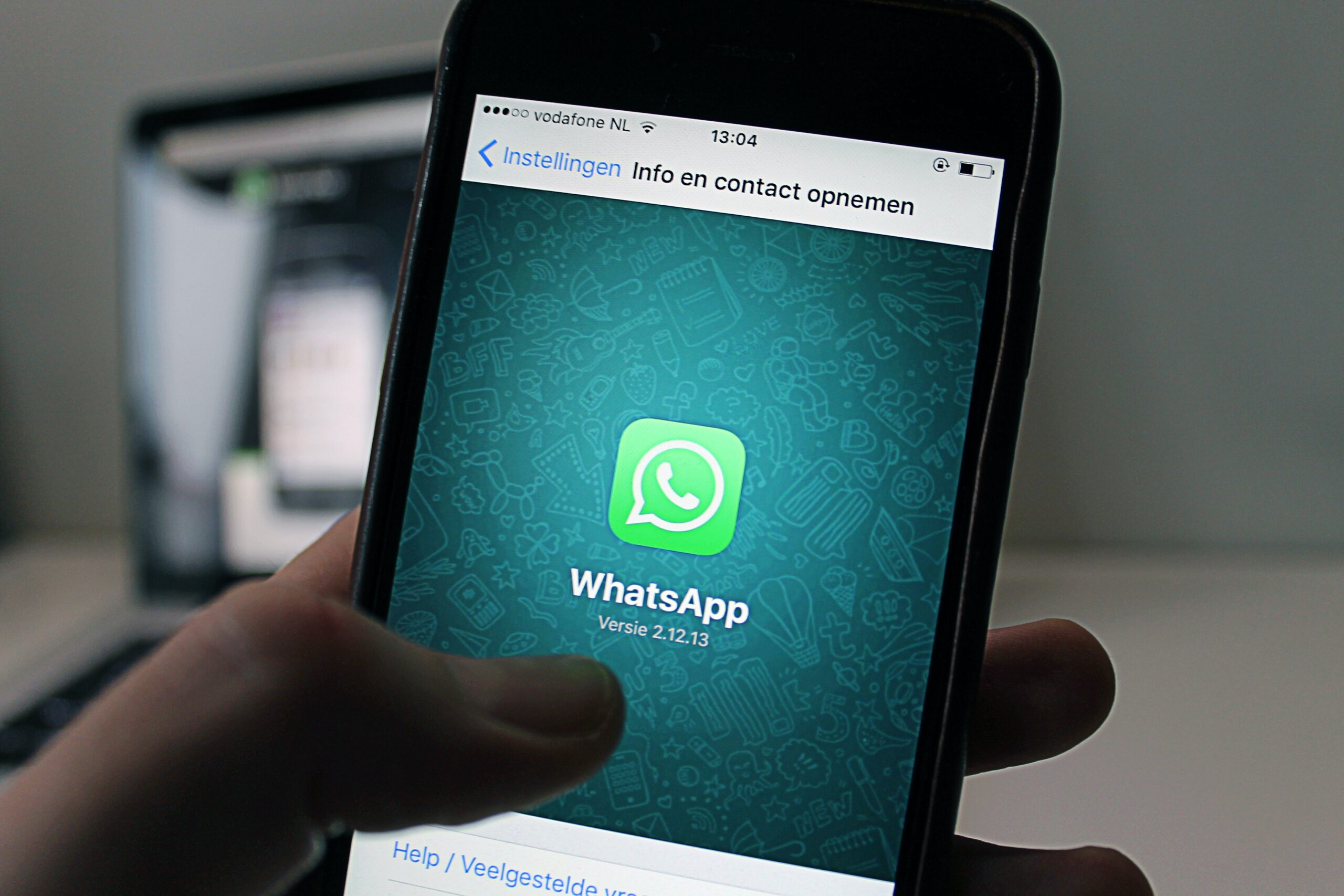Hacks can cause problems with the device, as well as facilitating the theft of personal data.
Every day, we see people being victims of cell phone data theft. Hackers break into the device's system, gain access to the data and start committing scams from there, either by impersonating the person and talking to people close to them; pretending to be selling objects through their social media accounts, or even extorting victims due to sensitive content found on the device, such as intimate photos, in addition to gaining access to banking data and carrying out transactions without the person's consent.
Due to everyday needs and practicality, we have been using our cell phones even more and saving a lot of important information on them, which has made life much easier for criminals. Therefore, it is important to be aware of some methods that can protect your cell phone and make it harder for your data to be hacked, avoiding a lot of problems and headaches. Find out what you can do now!

Turn off the device
Recently, Australian Prime Minister Anthony Albanese said that turning off cell phones for five minutes every night can help reduce cyber attacks and that this should be the responsibility of all citizens. His speech caught the attention of Australians and internet users, who began to wonder whether this attitude could really work as a security measure.
However, in a way, the politician is right. The practice he suggested was already published in 2021 by the United States National Security Agency, NSA. The list of good practices prepared by the institution, however, indicates restart the devices once a week.
The reason behind this measure is that malicious applications may be running in the background of the device. For this reason, restarting the phone regularly would be a good measure to close these applications, since many users forget to restart their devices for months, making it easier for attacks to occur.
Several experts on the subject agree that the measure may work in some cases, but they warn that some hackers already use methods to maintain attacks, even when the cell phone is restarted.
However, some security researchers do not see any sense in this measure, recommending periodic updates of the device so that the manufacturer can make corrections when security flaws are identified.
Some measures to avoid attacks
Run a virus scan on your phone
Having an antivirus installed can be a good idea to identify dangerous activities on your device. Performing an analysis of your phone at least once a month is ideal and will keep suspicious activities away from your phone.
Be careful when downloading apps
Before downloading new apps, check the reviews left by other users, as some developers may have security flaws in their apps. Therefore, read the experiences of others before installing.
Download apps from trusted sources
Make sure that apps come from trusted app stores, directly from your app store. Avoid downloading apps directly from internet browsers, where you don't know the origin.
Beware of ads
Be careful when clicking on ads that appear on your social networks, as these ads may direct you to suspicious sites. Especially avoid clicking on ads that offer free services, which usually attract more attention, as they may contain viruses that, in addition to damaging your device, can steal your personal information.



